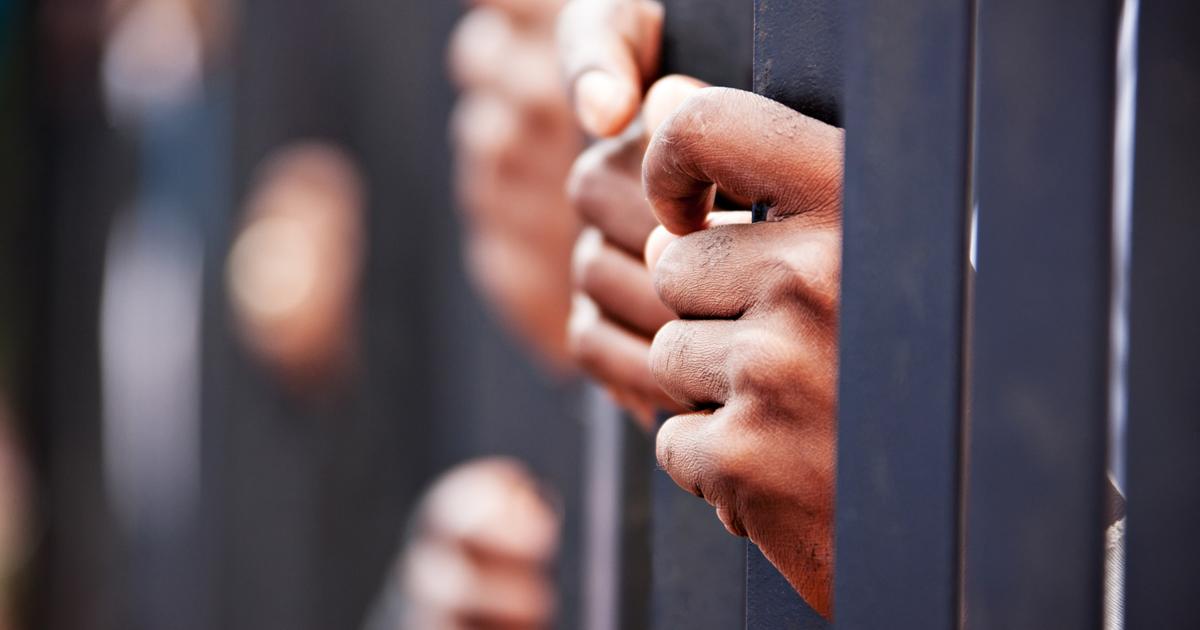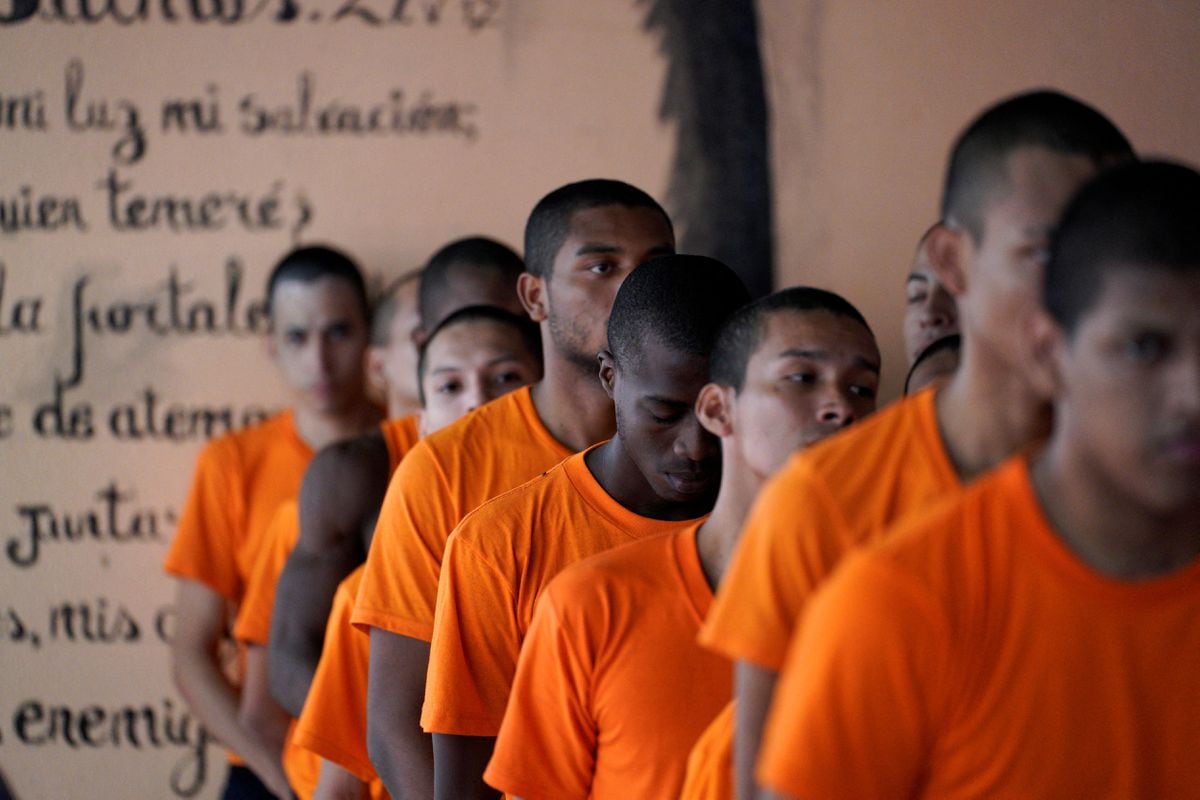Chinese lawyer Yu Wensheng poses in Beijing in January 2018, days before his arrest.FRED DUFOUR
Xu Yan, the wife of human rights lawyer Yu Wensheng, has to travel more than 700 kilometers between Beijing and the city of Xuzhou to try to see her husband, who was arrested in January 2018 and sentenced to four years in prison. jail for "subversion of the powers of the State" after demanding changes to the Constitution in an open letter.
For months, when she arrived at the door of the detention center and asked about her husband, the answer was always similar: "There is no one with that name here."
That, despite the fact that he had received an official communication in which he was notified of Yu's confinement in that place.
Finally, the detention center admitted that the lawyer was among its prisoners, although he has always prevented, with a bureaucratic argument or another, that Xu or their son can see him.
The only direct communication the spouses have been able to maintain for nearly three years was a brief video call in April 2018, after charges were formally filed against him.
Nothing since;
each time, Xu Yan has had to return home with nothing in return.
The response of prison officials to Xu - "there is no one by that name" - is not unusual when the prisoner being asked is a human rights defender.
A report by the organization Safeguard Defenders (SGD) published this Tuesday, under the title
Access Denied
(Access Denied), denounces that it is a frequent practice to change the name of these prisoners once they are presented with formal charges and enter a detention center. detention, to make it difficult to locate.
“For a long time, neither his lawyers nor I have been able to meet with Yu Wensheng.
You have not spent any of the money that was deposited [into your detention center account].
I have my suspicions as to whether he was actually detained there.
Some policeman has told me that he has been in isolation all this time.
If that is true, it is much more likely that he was tortured, ”Xu told SGD.
The Chinese legal system allows a suspect to be detained in an unidentified place, in isolation and without access to a lawyer or family members, for up to six months, while under investigation, within the procedure known as “residential surveillance in a Designated Location ”(RSDL).
Once that period expires, he must be transferred to a formal detention center and, if requested by him or his family, must have access to a lawyer within a maximum period of 48 hours.
But by registering him under a different name, their identity is denied and "it is guaranteed that they remain untraceable for their families, friends and lawyers," the report explains.
This practice is not new, but it does seem to have become more frequent, points out the NGO, which registered 30 of these cases between 2009 and 2019 and interviewed 10 of its protagonists, most of whom were arrested during the great raid against human rights lawyers five years ago. years.
How it is applied varies.
The inmate is usually informed of his new name upon transfer to the formal detention center, and is prohibited from divulging the real name to his companions.
The real surname is usually preserved, and the first name is often similar to the real one: thus, the
blogger
Wu Gan, arrested for his criticism of corrupt officials, became Wu Ming in prison;
the lawyer Wang Yu was known as Wang Ning, a name that in Chinese ideograms is written very similar to the original.
But they vary enough that a computer search in the official registry does not return results.
In other cases, especially in the early years of the period under investigation, the prisoner was assigned a
depersonalizing
number or name
— the activist Ni Yulan was renamed “Xicheng Number One Detention Center”.
Use of the alias usually lasts until release on bail or trial, although in some cases it may continue afterward.
The longest case detected by SGD is that of human rights lawyer Wang Quanzhang, registered in his prison with a shorter version of his name (Wang Quan) and who was not correctly identified for three years and four months, in two prisons different
The inmates themselves attribute the use of false names to various reasons.
Among them, "denying them access to a lawyer and preventing other detainees from learning about their story and telling it to people outside the center, especially if the case was famous and had received a lot of attention," the report says.
Also, that it could "be easier to hide the news if they were to die in detention."
In addition to being a way to further weaken their morale, “by preventing their family from sending them money and supplies.
That could make it easier for the police to extract a confession or punish the victim even more. "
20 of the 30 victims did not have access during their detention to a lawyer of their choice, or even no lawyer at all. Among the eight that did (of the remaining two it is not known whether that right was respected), several took months to have access to one of their choice. "It is something that unequivocally violates his right to a fair trial" and makes him more vulnerable to torture, SGD points out. The organization urges the Chinese government to respect all the rights that the law grants to detainees; to notify families of the whereabouts of their loved ones, and to hold prison officials and police who use this abusive practice to account.

/cloudfront-eu-central-1.images.arcpublishing.com/prisa/IJXC3ULS7WTBUUFOBAKM67JNKM.jpg)







